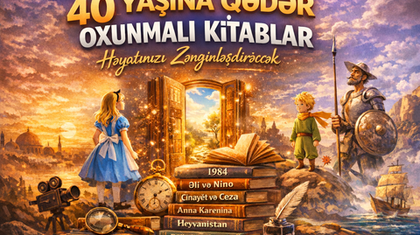From the very first day children begin to explore the world, they live with a natural inner creative energy. They question everything they see, investigate every sound, and transform every space according to their imagination. This natural curiosity is the most essential part of a child’s thinking process, and that is why supporting creativity from an early age is of exceptional importance. Creativity is not just drawing or writing stories — it is a fundamental skill that shapes how a child perceives the world, solves problems, and expresses emotions.
Books play an irreplaceable role in developing these skills. The moment a child holds a book, they enter another world: one moment they travel to deserts where volcanoes erupt, the next they explore castles filled with flying magical letters, or discover everyday life through the eyes of a small hero. Each new story opens new pathways in the child’s mind. Fantasy books expand imagination, adventure stories spark courage, and logic-based narratives strengthen analytical thinking. Picture books enrich the visual world and enhance a child’s observation skills by presenting images in a vivid and engaging way.
Sometimes one book becomes a turning point in a child’s life. A child who meets brave heroes may discover the desire to be strong, wise, and courageous. A child who reads about magical worlds may begin creating fantastical settings in their own play. Books awaken a child’s inner voice and inspire them to explore their own ideas.
Games, on the other hand, are where these dreams come to life. Lego sets are not just plastic pieces — they can become cosmic cities, towers, or hidden laboratories. Puzzles strengthen focus, develop logic, and boost motivation. Story cards allow children to create their own tales — they choose characters, build events, and shape the ending. Role-playing games are among the most creative activities: the child becomes the actor, writer, and director all at once. They learn to think, feel, and behave like someone else, which plays a crucial role in building empathy and emotional intelligence.
These activities also boost a child’s self-confidence. Completing a construction gives the feeling of “I did it,” making mistakes teaches them to try again, and generating new ideas helps them value their own creativity. All of this directly supports their academic, social, and emotional development in the future.
Today’s bookstores — especially the children’s section — offer many books and games that support creativity. Picture encyclopedias broaden a child’s worldview, activity books develop fine motor skills, and popular children’s series help strengthen reading habits. In the games section, building sets, imagination-based role-play accessories, logic puzzles, and interactive editions support both thinking and creative abilities simultaneously.
The best approach for parents is to combine books and games. For example, if a child loves magical worlds, choosing both a fantasy book and a playset on the same theme can double their creativity. Re-creating the story through play strengthens memory, logic, and imagination.
Ultimately, creativity is not an inherited trait — it is a skill shaped by the right environment, books, games, and motivation. The more opportunities we create for children, the richer and more colorful their inner world becomes. Giving a book, offering a game, or simply making time for an activity… All of these are investments in a child’s future. Because creativity is the strongest superpower of tomorrow — and every child can possess it.






